A journey through time: Visiting the home of Filipino artifacts collector Marvin Sicat
Honoring and preserving the rich tapestry of Filipino culture right inside his home
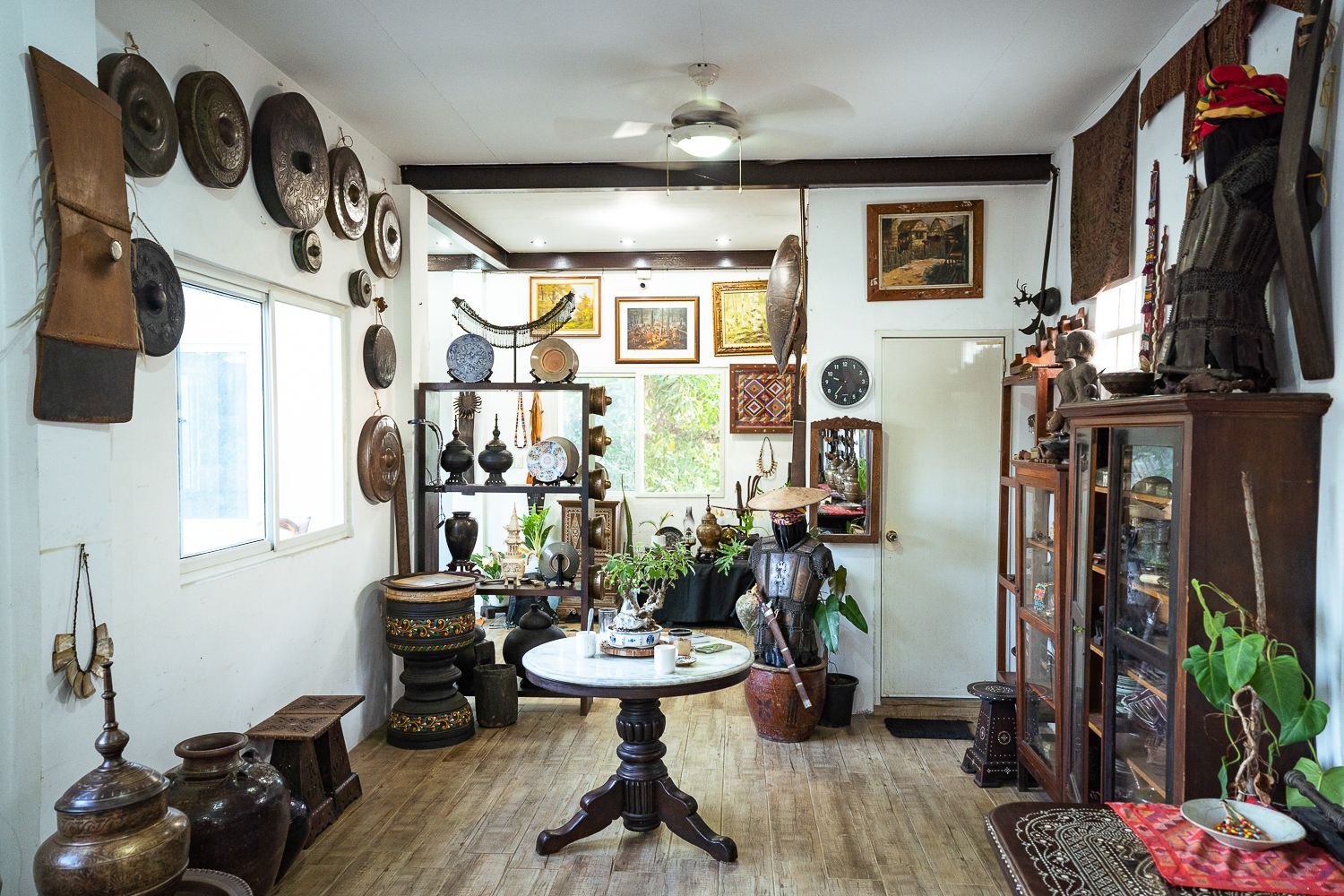
The Philippines is filled with rich cultural heritage, and it’s no secret that some are keen to collect – and even decorate their homes with – amazing artworks made by artisans from all over the country.
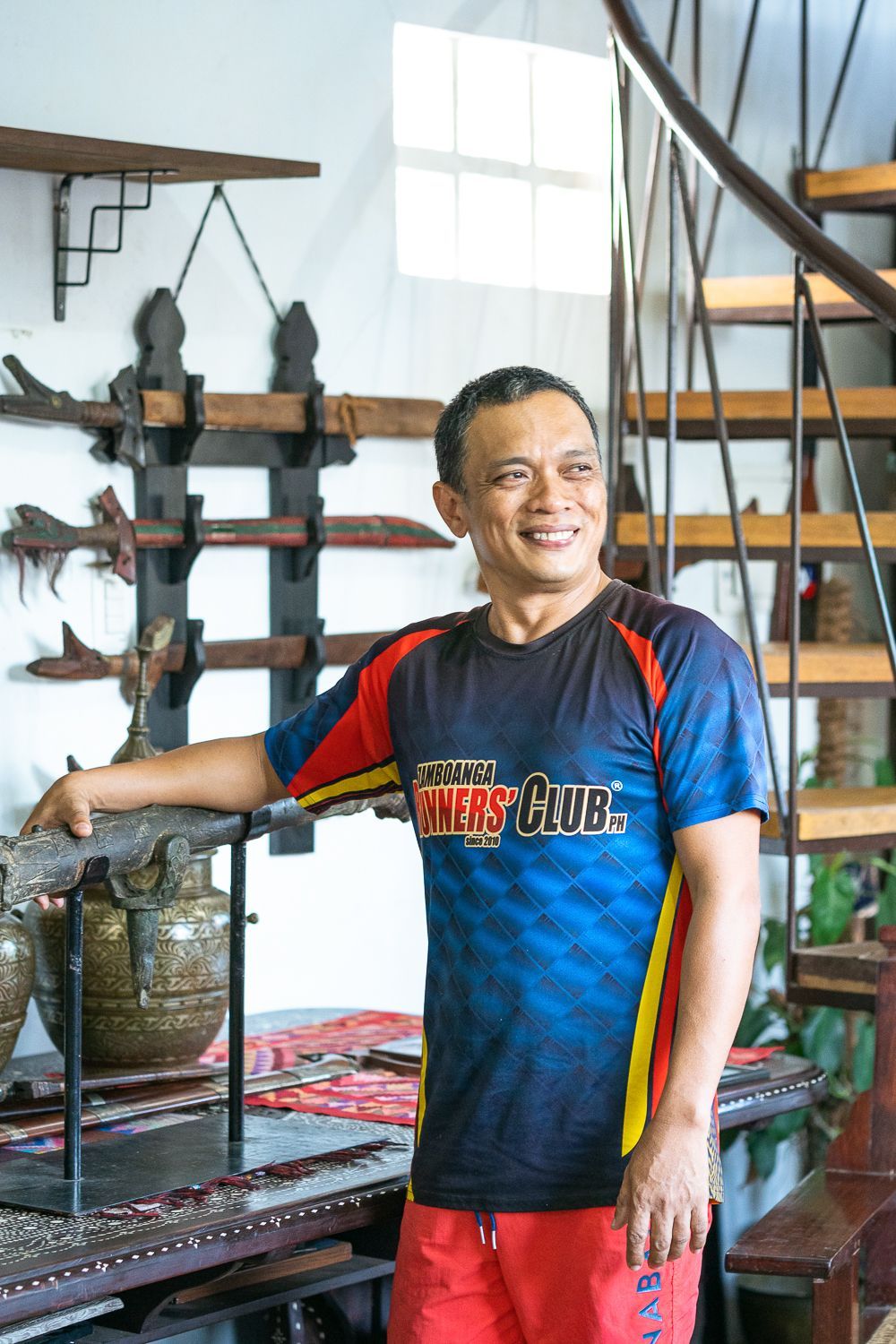
In the lovely city of Zamboanga, you will find the home of Marvin Sicat, a passionate collector of Filipino artifacts. His residence, adorned with relics from various periods and regions, serves not only as his sanctuary but also as a living museum showcasing the diverse and vibrant history of the archipelago.
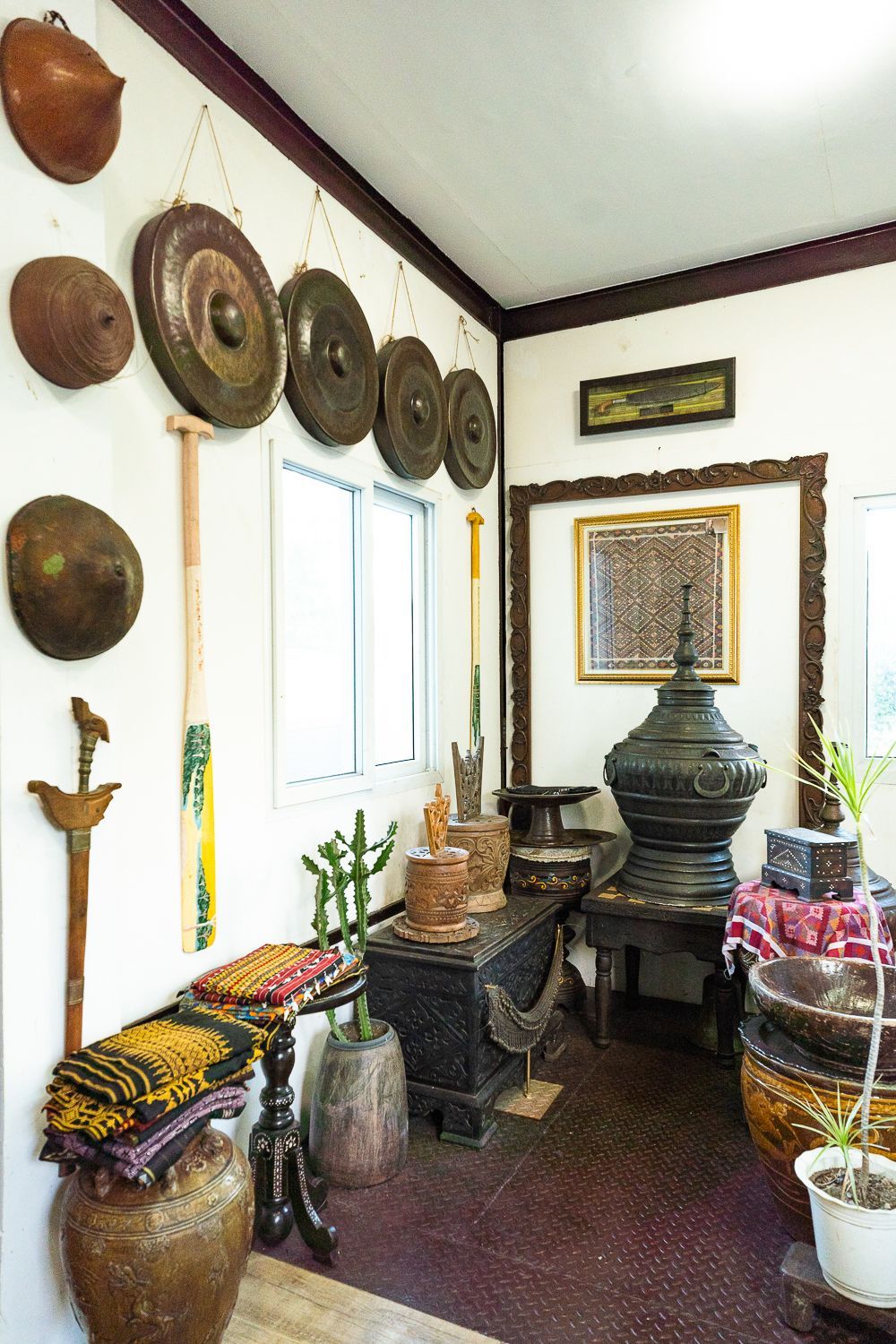
Marvin Sicat’s journey into the world of artifact collection began 20 years ago. Born in Taguig City, Metro Manila, he moved to Zamboanga City in 2004, where he met his wife and pursued tailoring. Starting with just a gunong (Mindanao dagger), his fascination grew alongside his collection, turning his interest into a lifelong passion. This passion drives him to collect pieces that capture the essence of Filipino history.
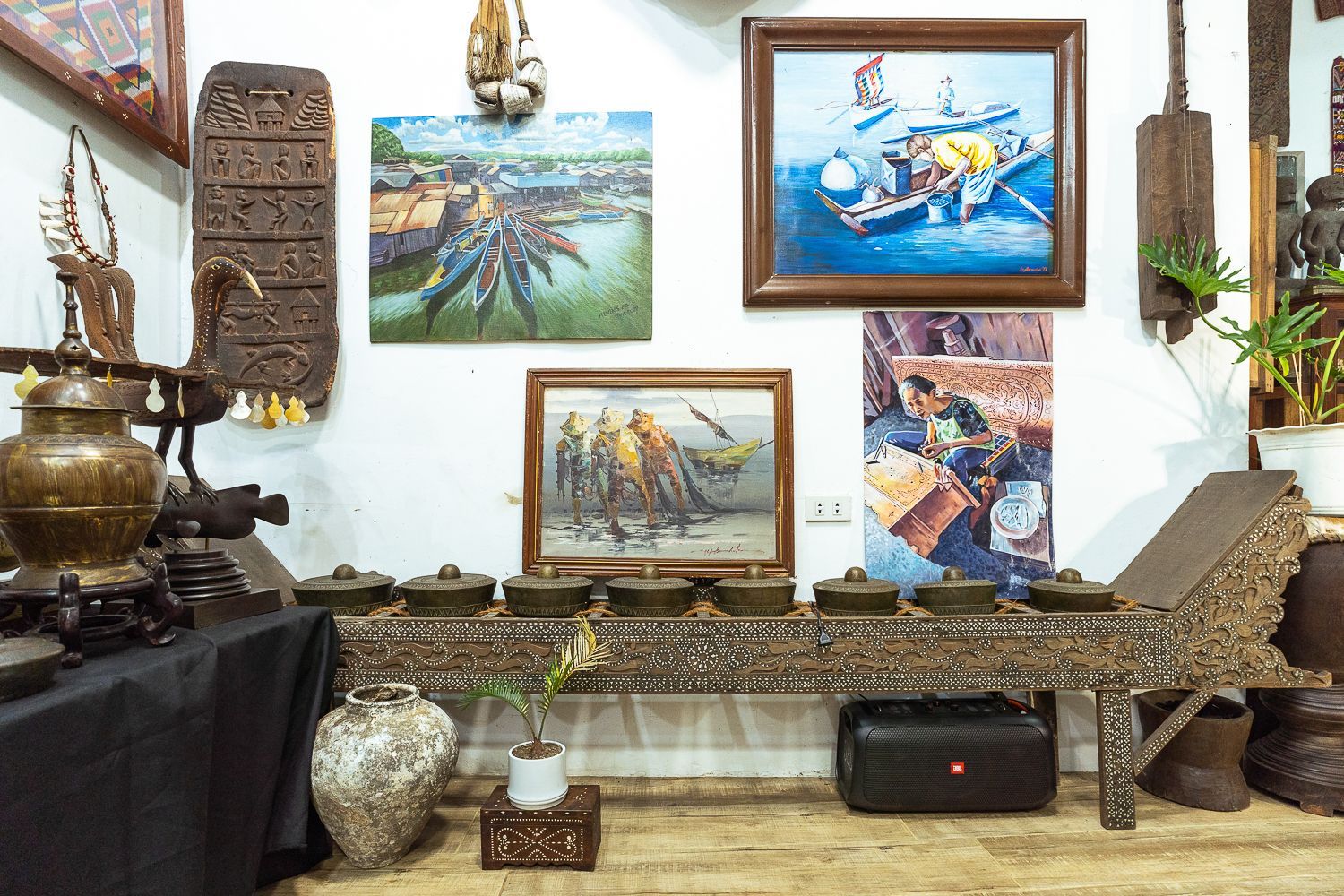
“Every time I see something that looks good, it’s like it’s talking to me, telling me to bring it home – I’m hypnotized by the beauty of the artifacts,” Sicat says. “I also want to help some artisans in communities like the Maranao, Tausug, and Yakan, whose livelihoods depend on making drums, brass gongs, and weaving. Some of the things I purchase are not all antiques; some I keep, and others I help sell.”
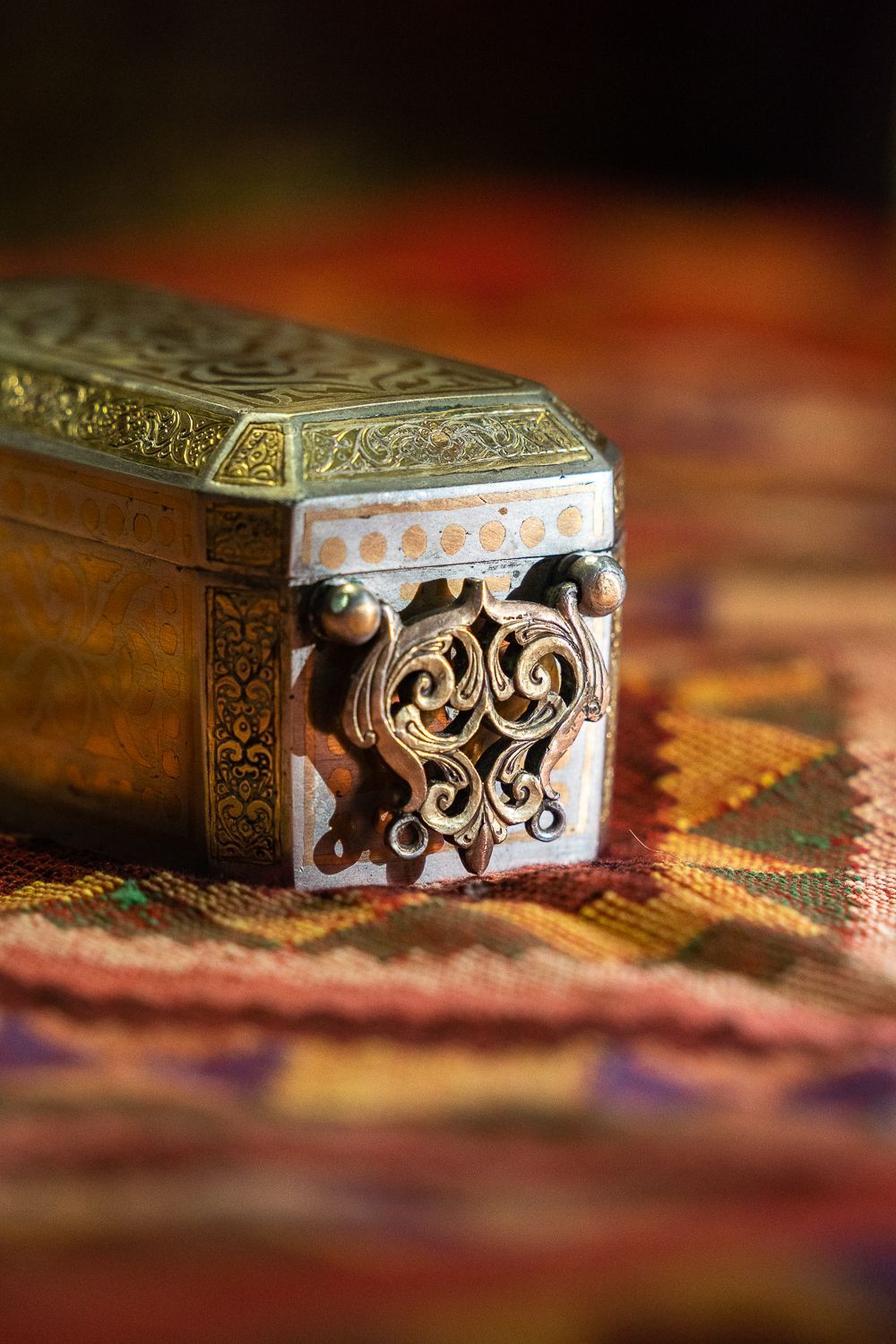
Walking into his home is like stepping into a different era. The living room, or as he likes to call it, the display area, is meticulously curated, with artifacts thoughtfully arranged to create an immersive experience. It features an impressive collection from Ifugao artifacts, a Mindanao kris sword embellished with gold, silver, and ivory, a betel nut container, a Talibong heirloom collection, and a Gadur and sword collection, to a Seputang, a special head cloth from the Yakan of Basilan. He also has an array of ancient scripts and documents to further understand his collection. Among Sicat’s most prized possessions is a Mindanao gold-inlaid container, used by the wealthy to store their betel nut.
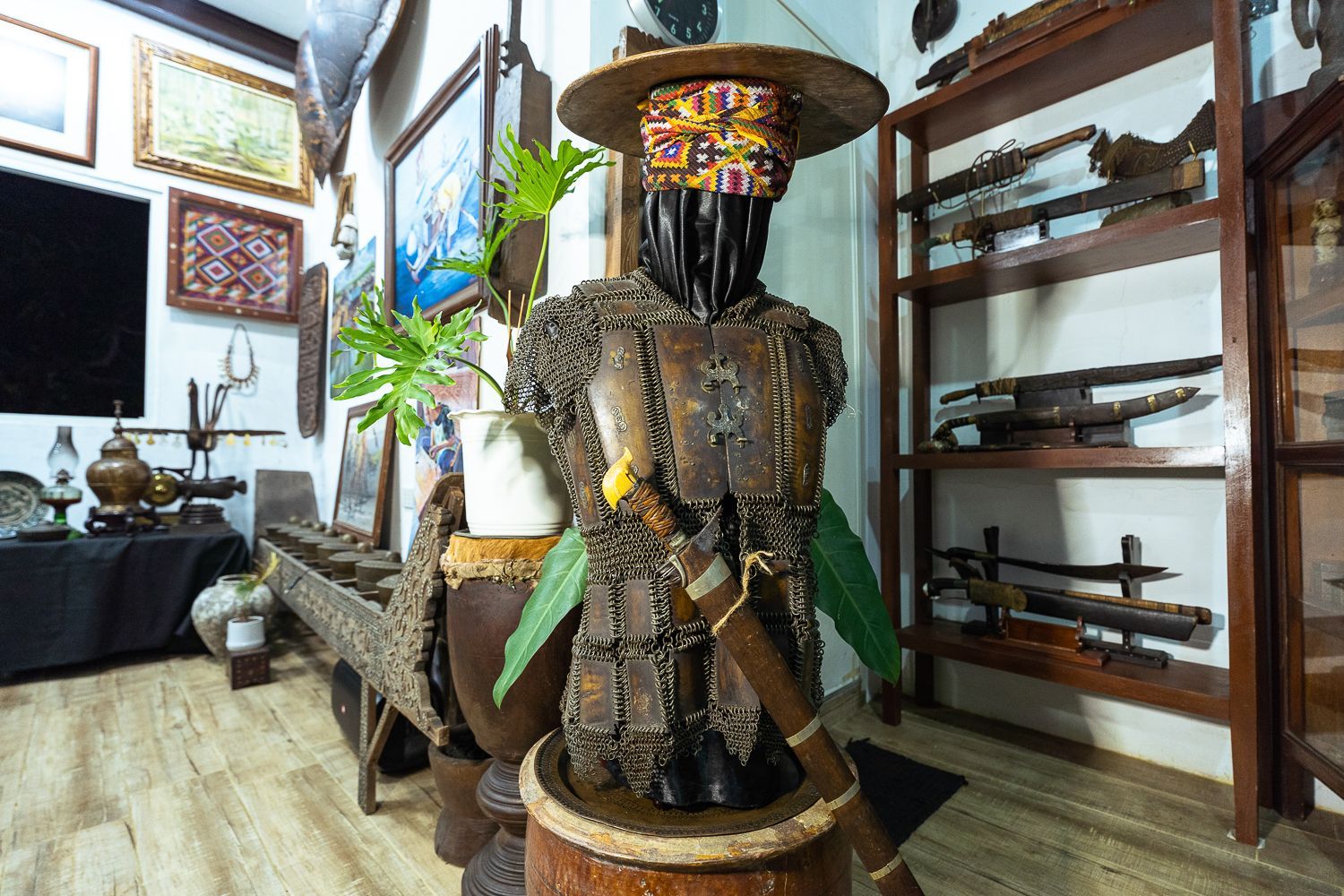
Sicat mentioned that he decided to paint the walls white to make the artifacts stand out more. He takes care of his collection by placing some items in closed display cabinets with proper lighting, safely storing important documents, and ensuring the display area has adequate ventilation to keep the collection in good condition. As for the weaponry, he cleans it regularly – sometimes weekly but never more than a month – adding patina to create a protective layer against rust. He doesn’t restore dents or scratches on the artifacts, as these imperfections add to their stories.
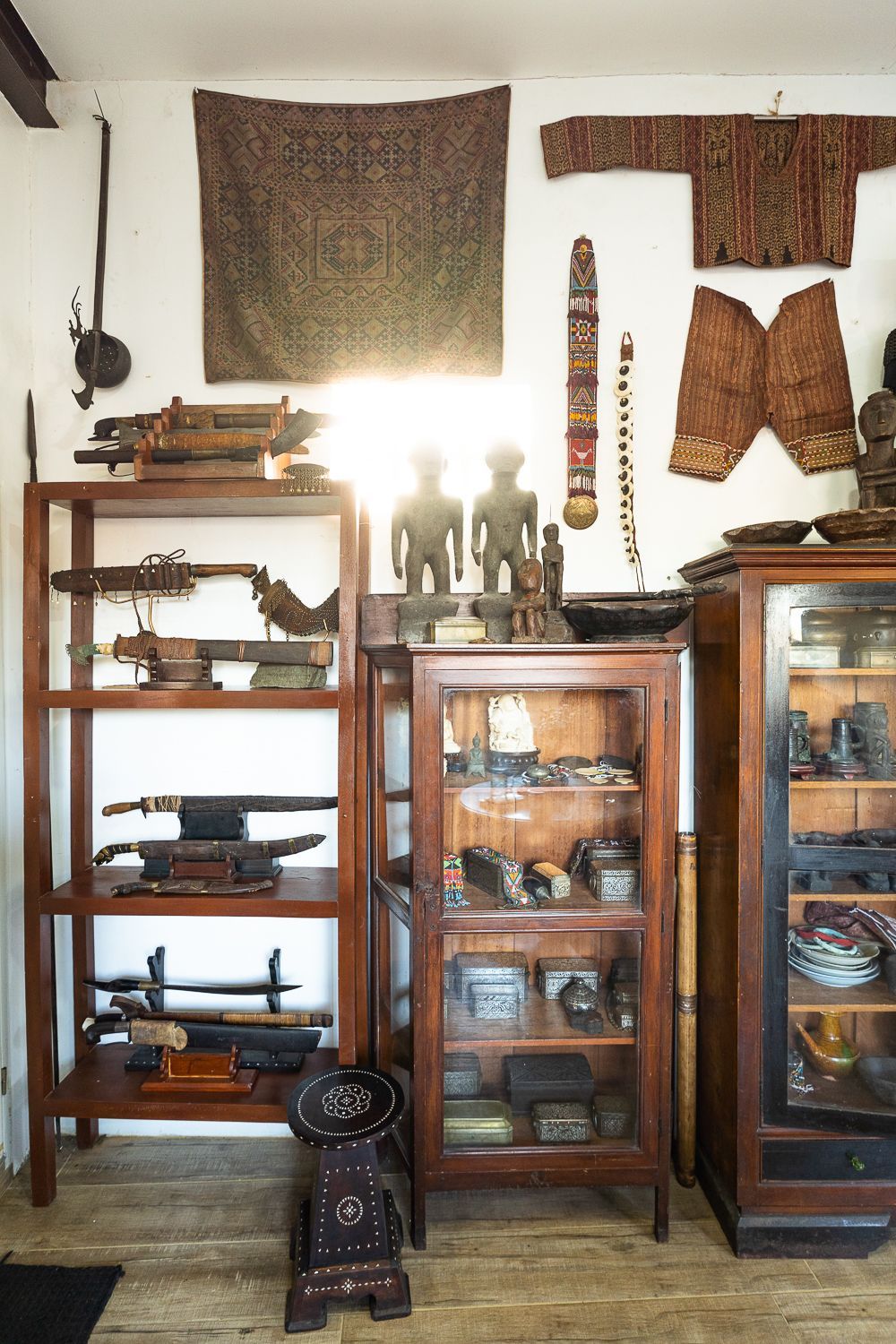
For Marvin Sicat, collecting artifacts is more than a hobby; it is a mission to honor and preserve the rich tapestry of Filipino culture. His home stands as a beacon of history, a place where the past is lovingly curated and celebrated, ensuring that the stories of the Philippines endure for generations to come.
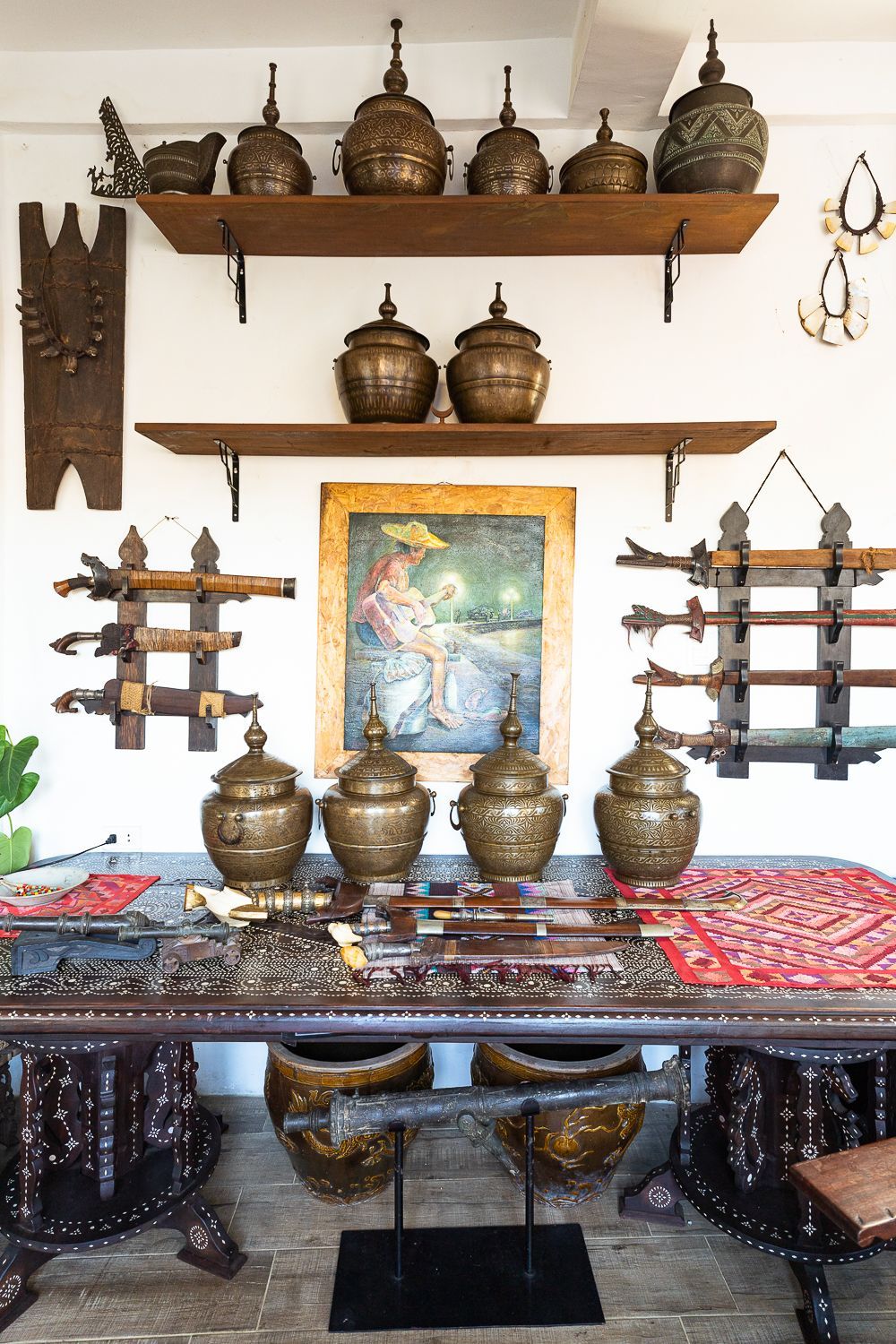
“My collection is priceless. It’s not about the money; it’s about the joy these artifacts bring me. Seeing my collection is rewarding and fulfilling. I can sit here and admire it, and it takes away my stress. Sharing the knowledge I’ve gained from the people I bought these from makes me even happier about this collection,” Sicat shared.